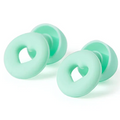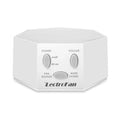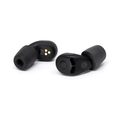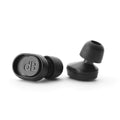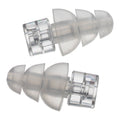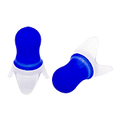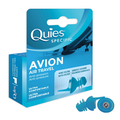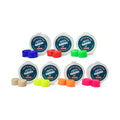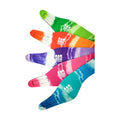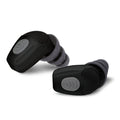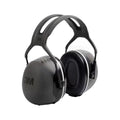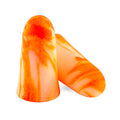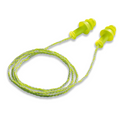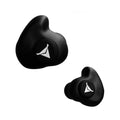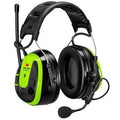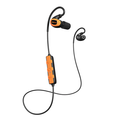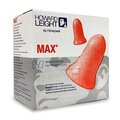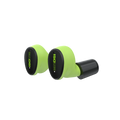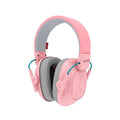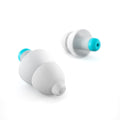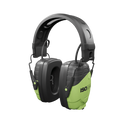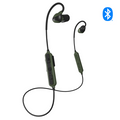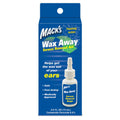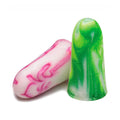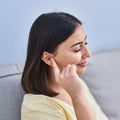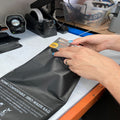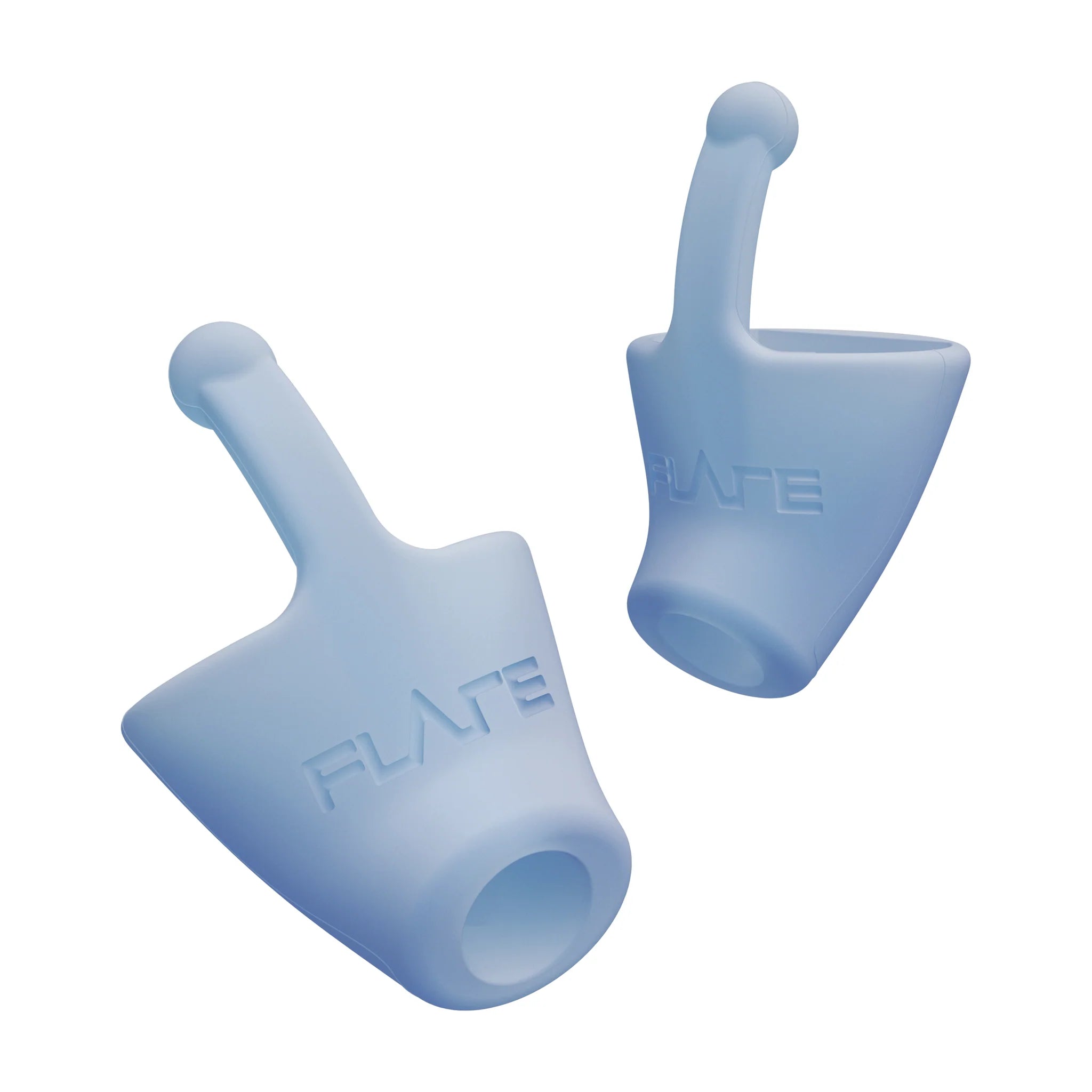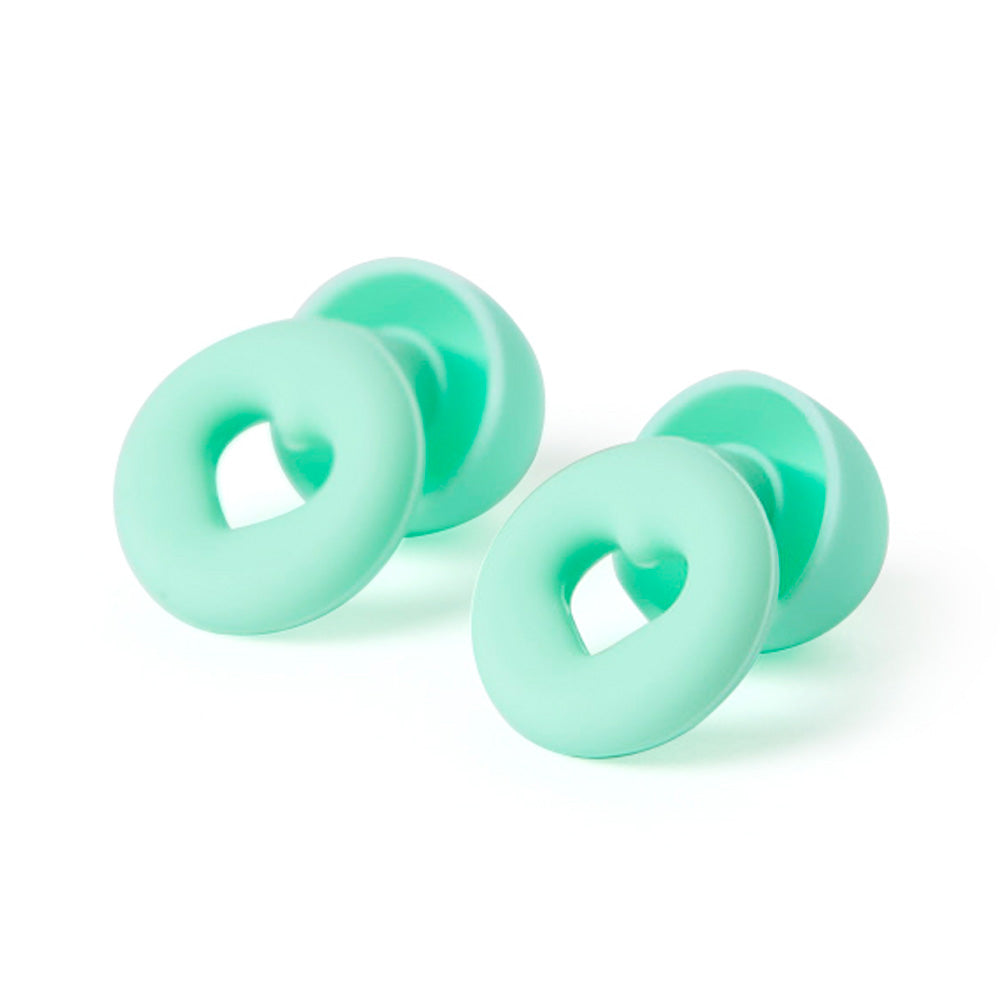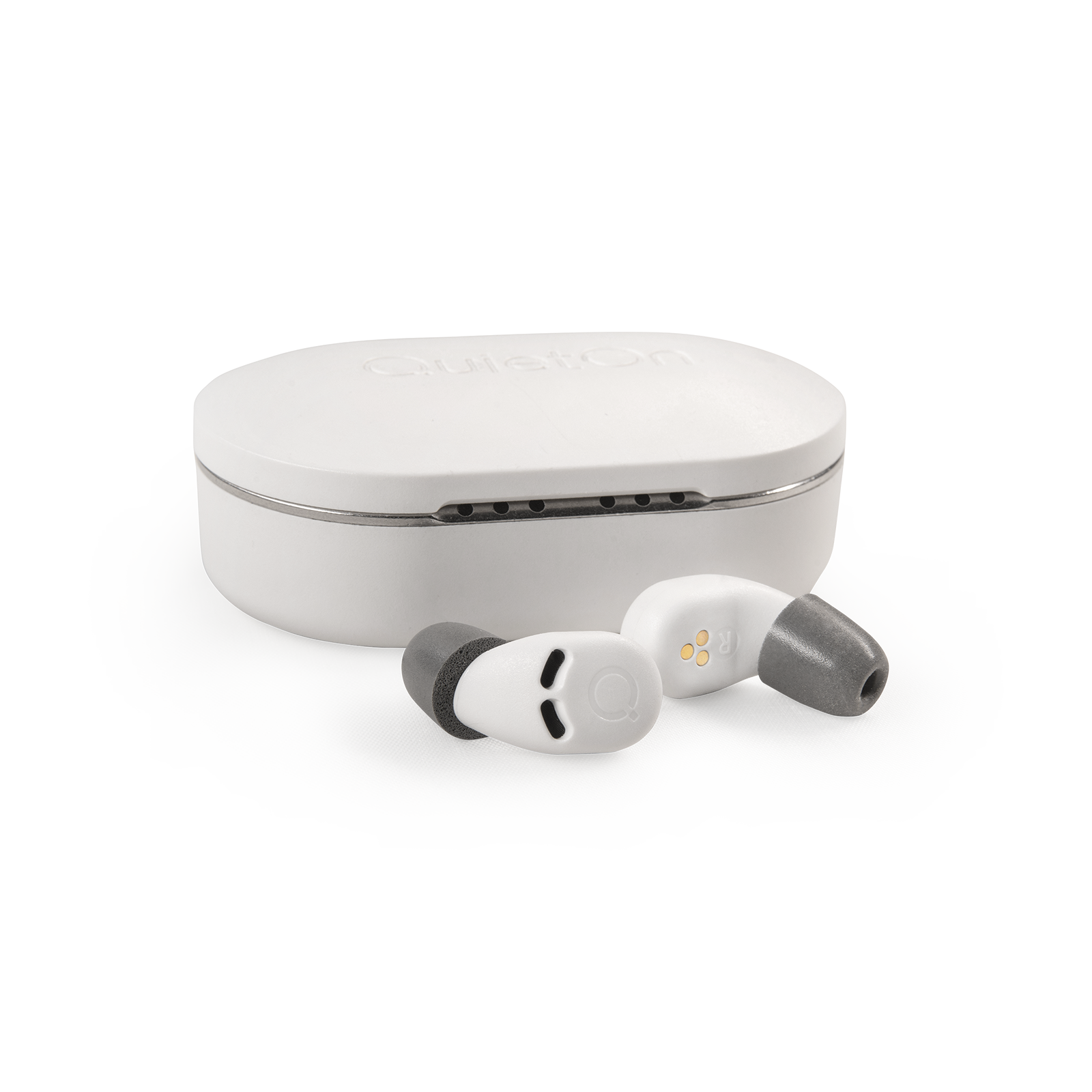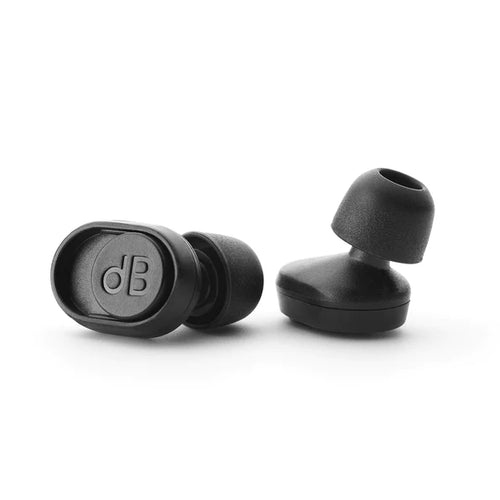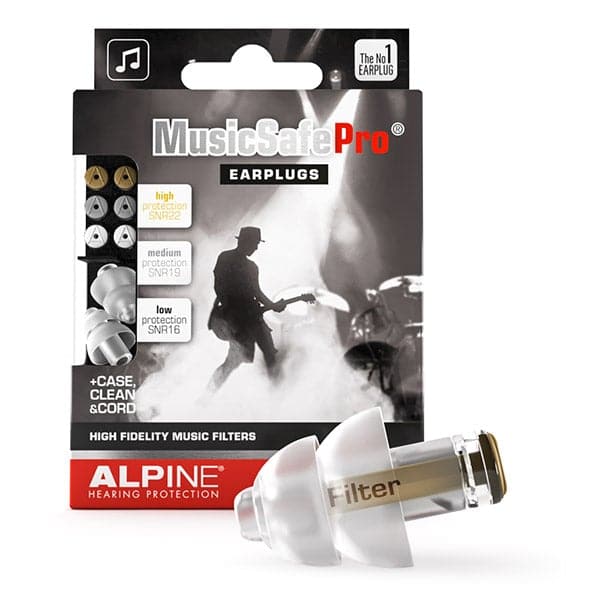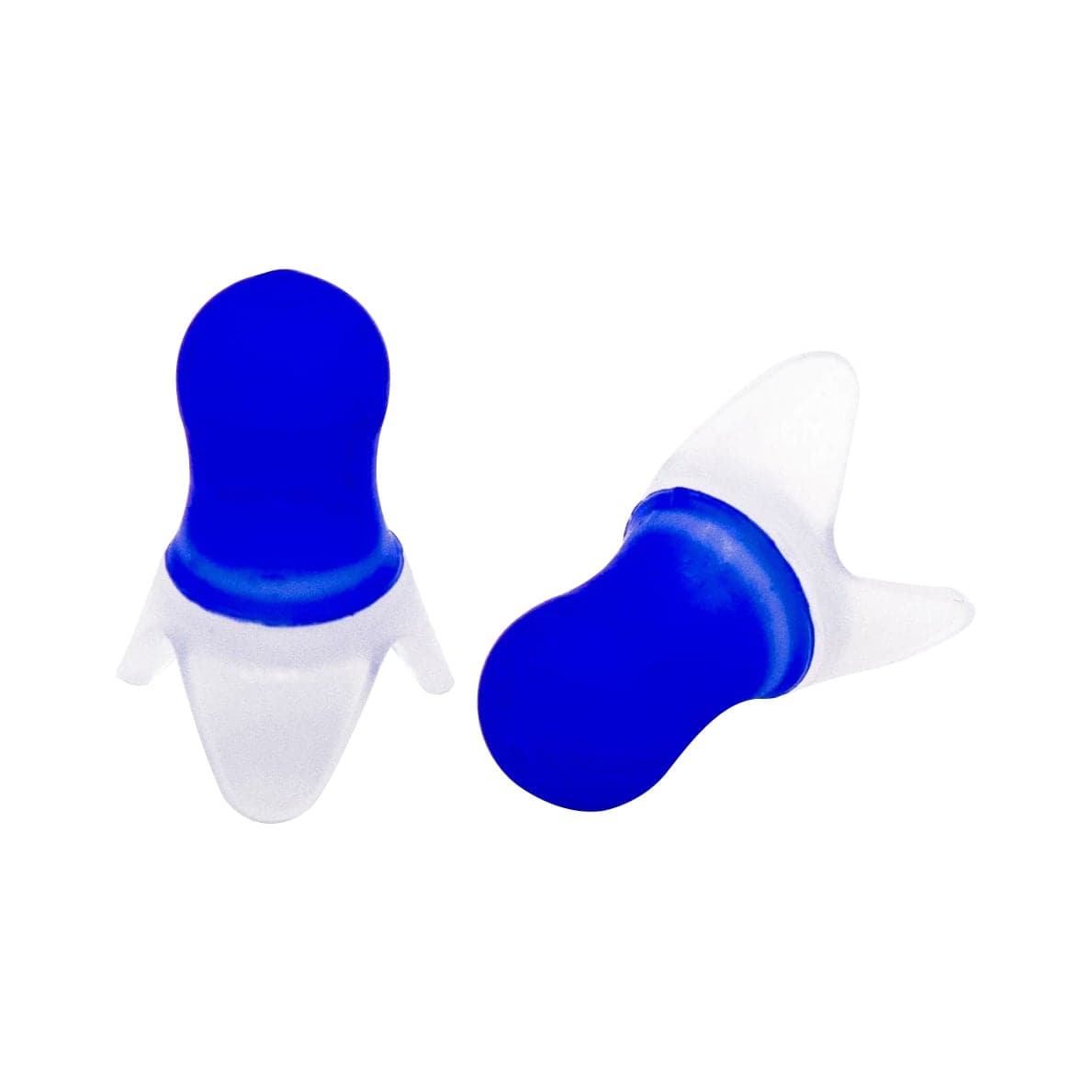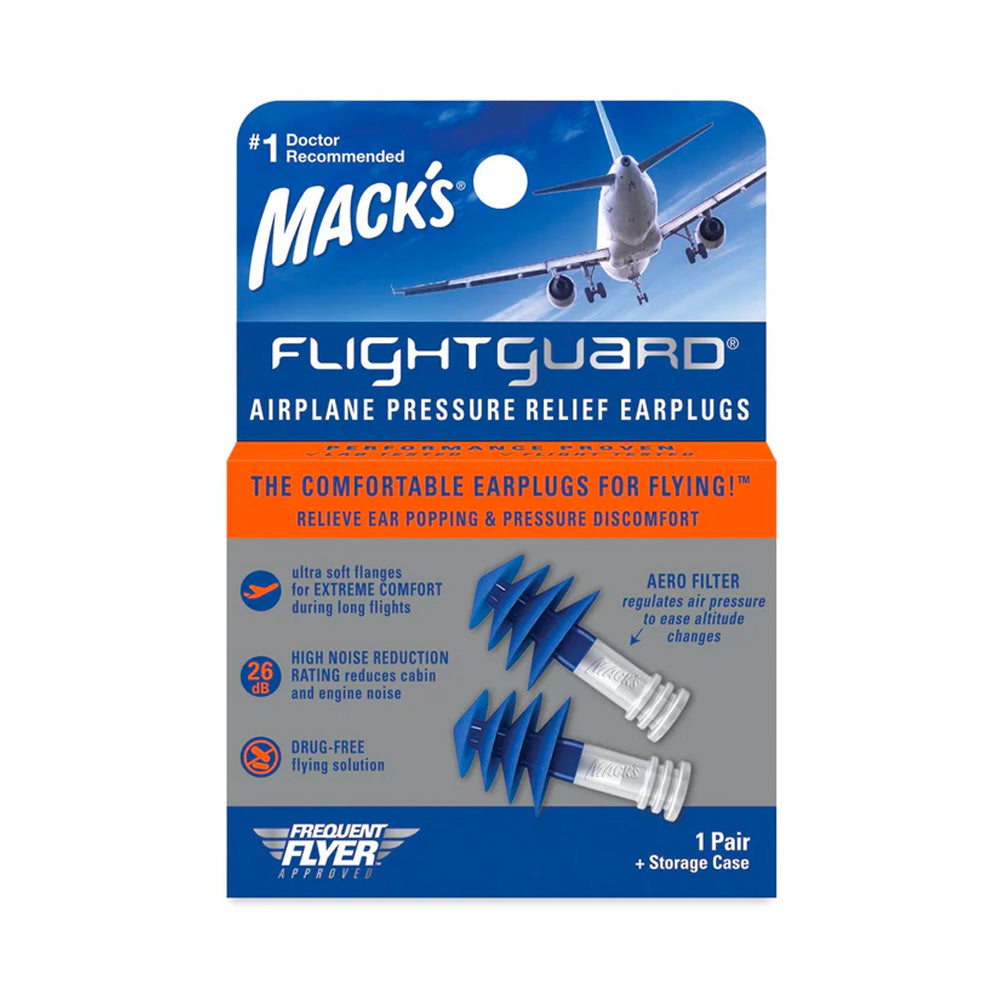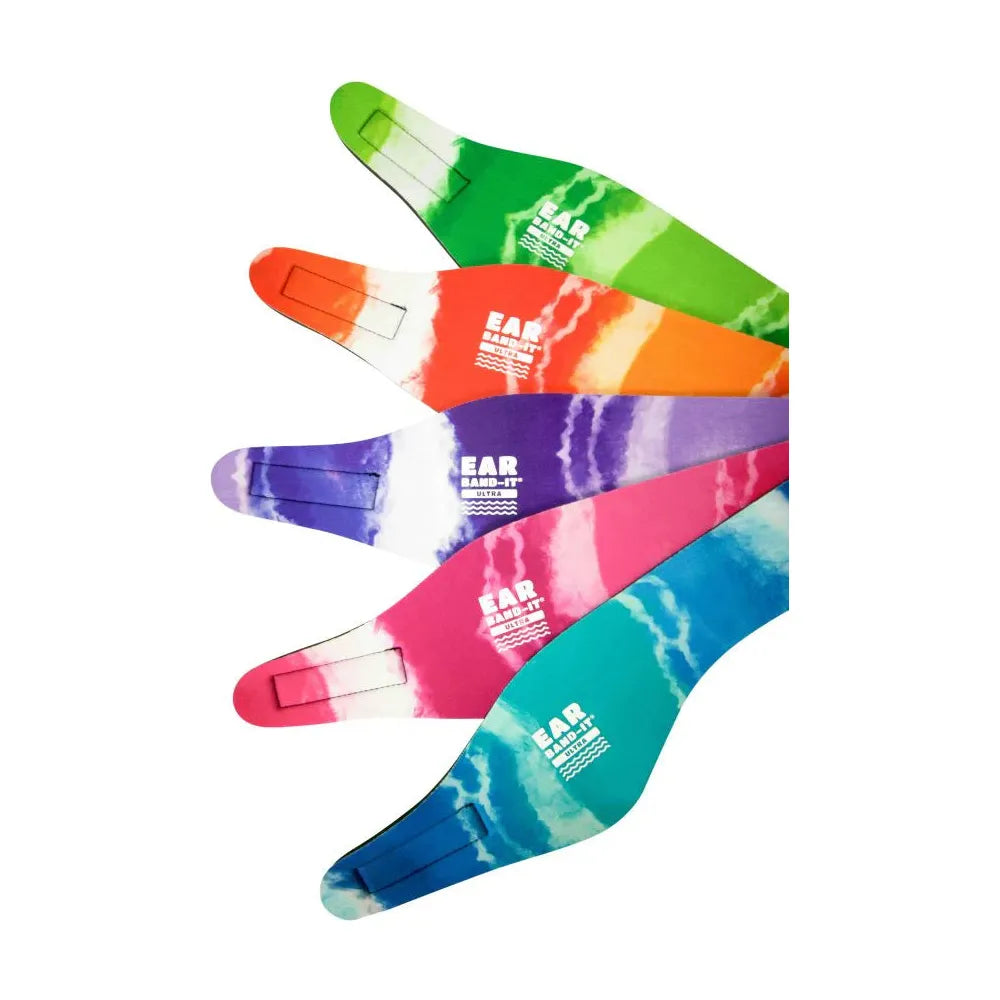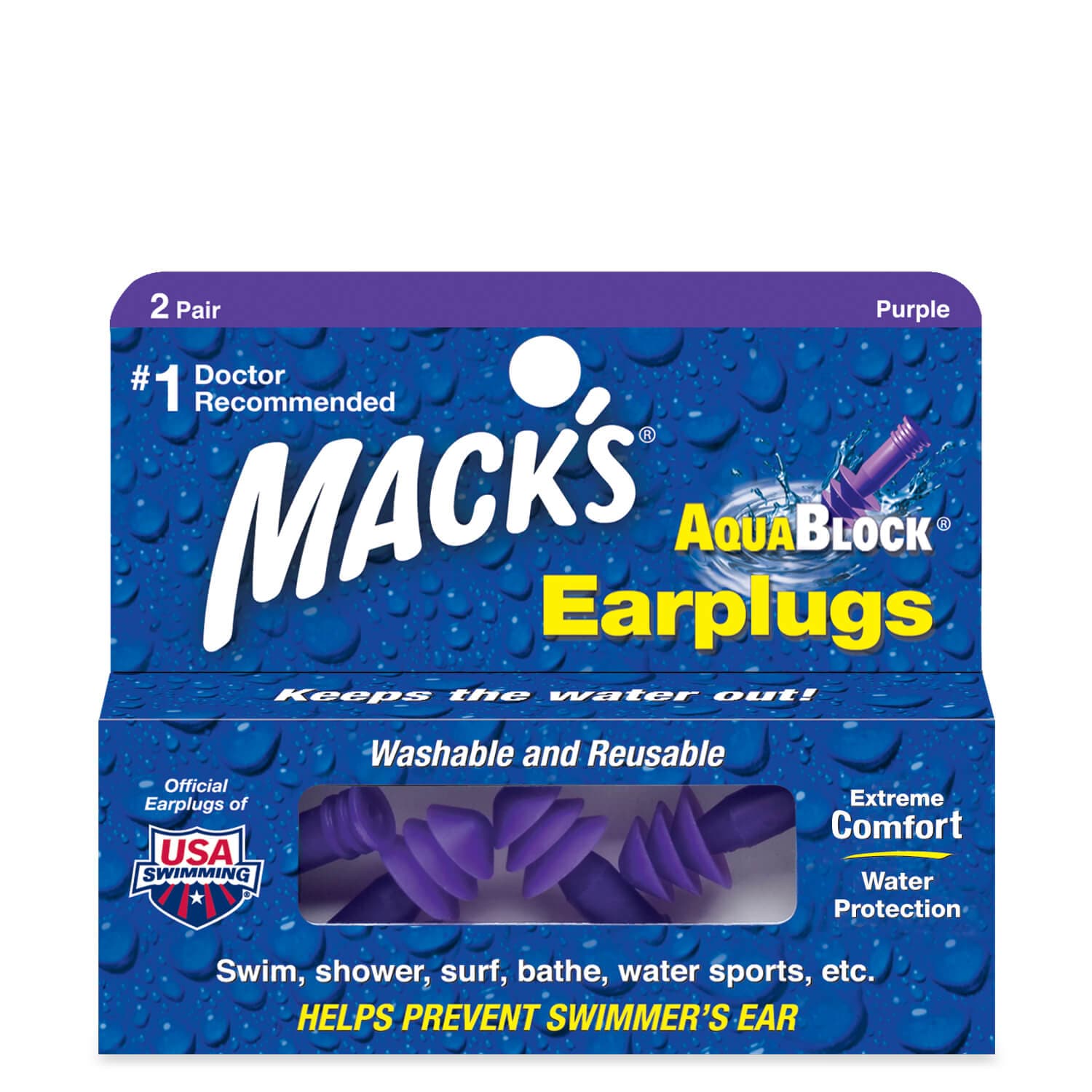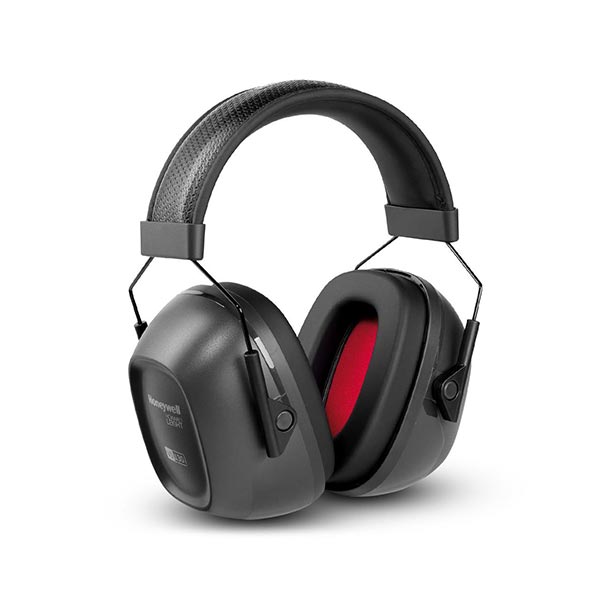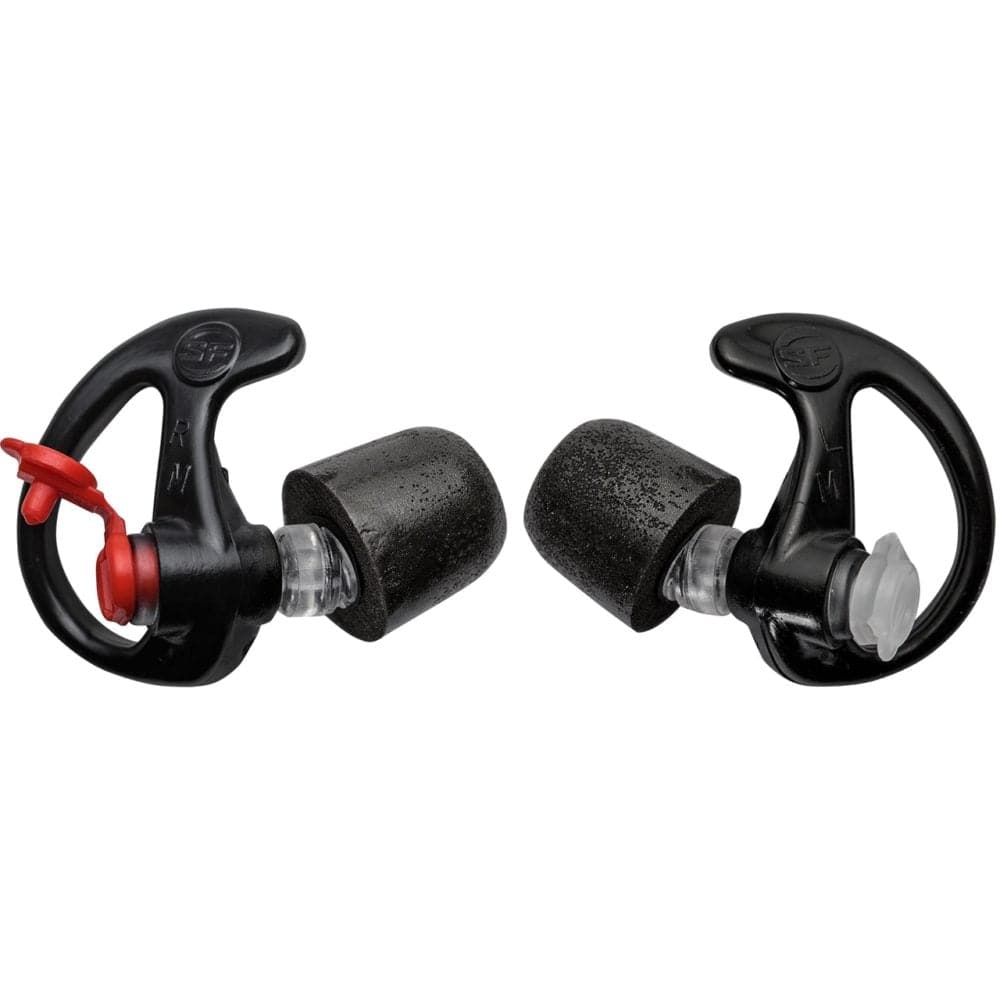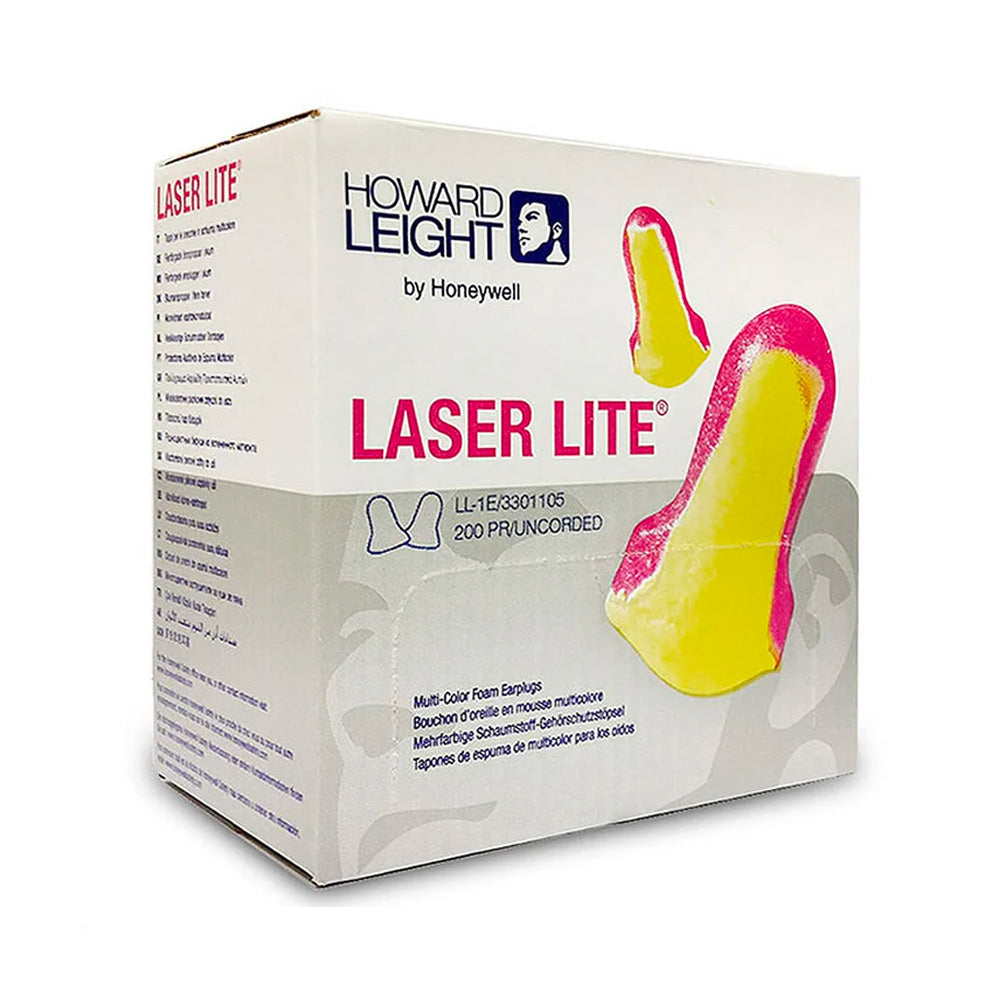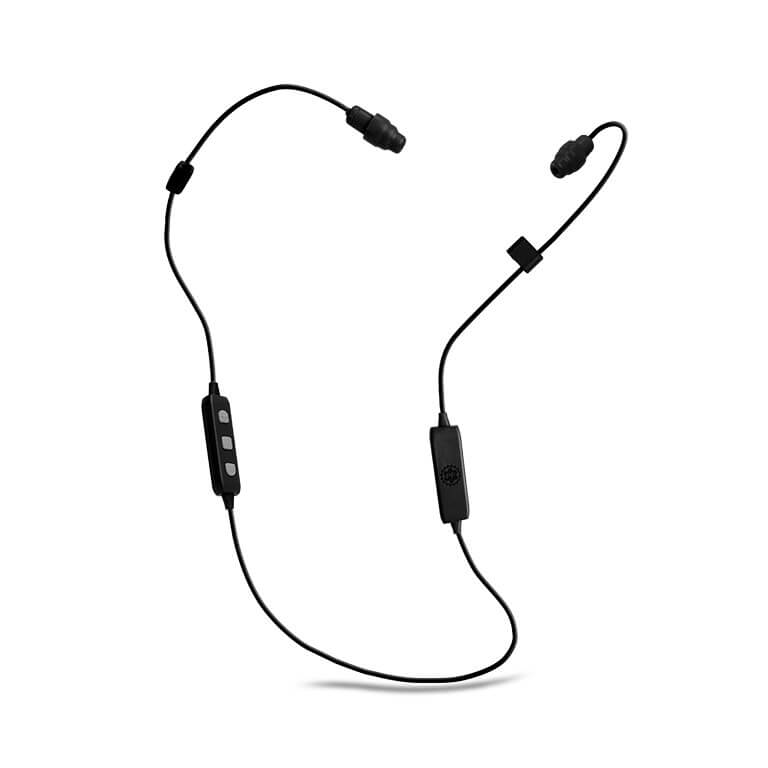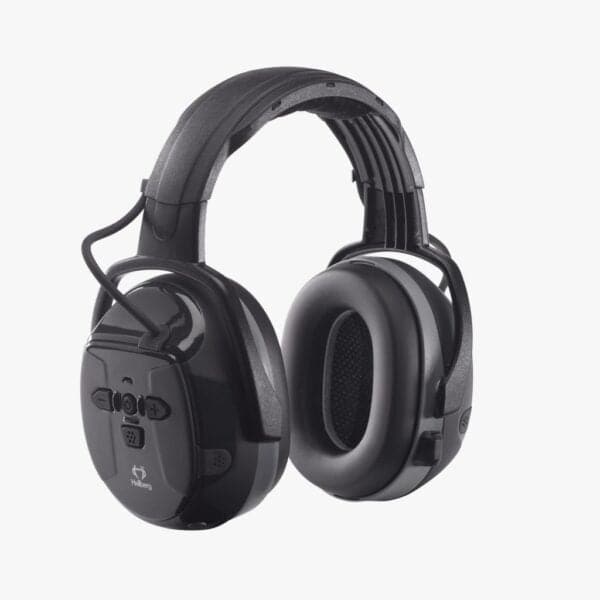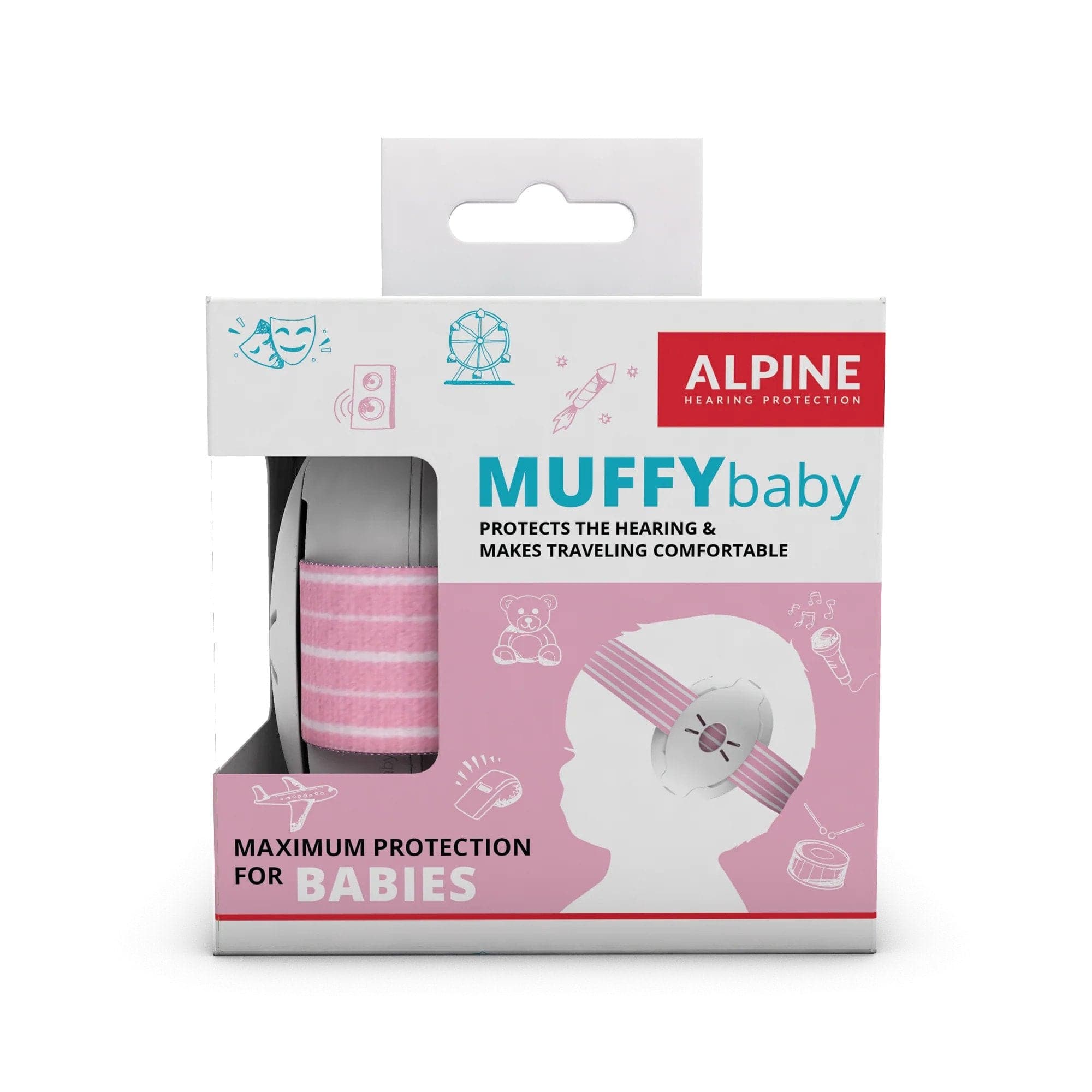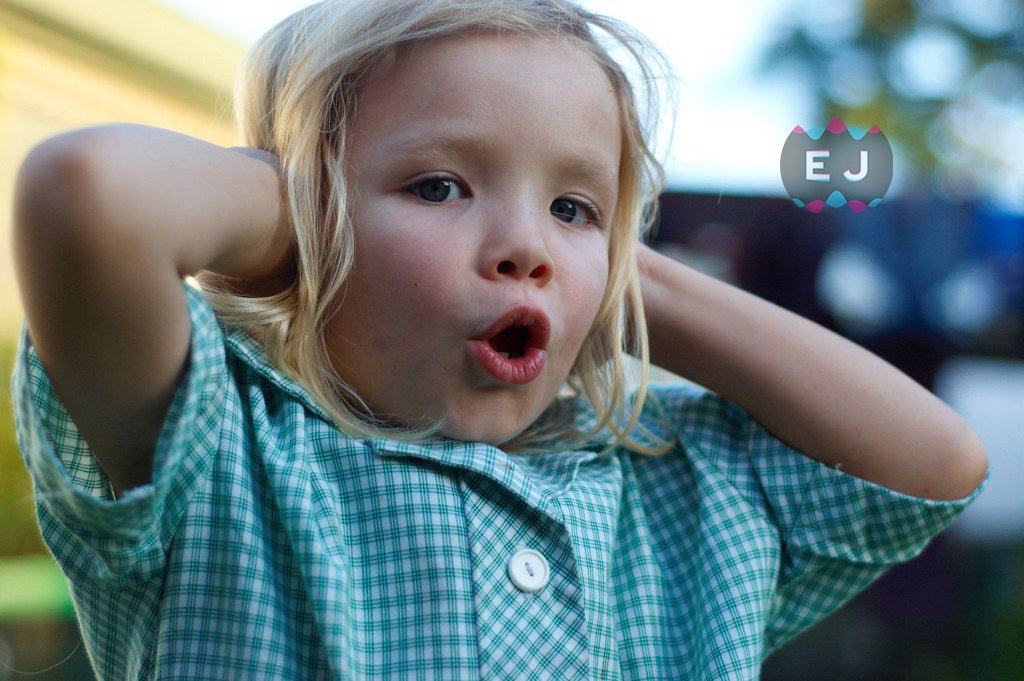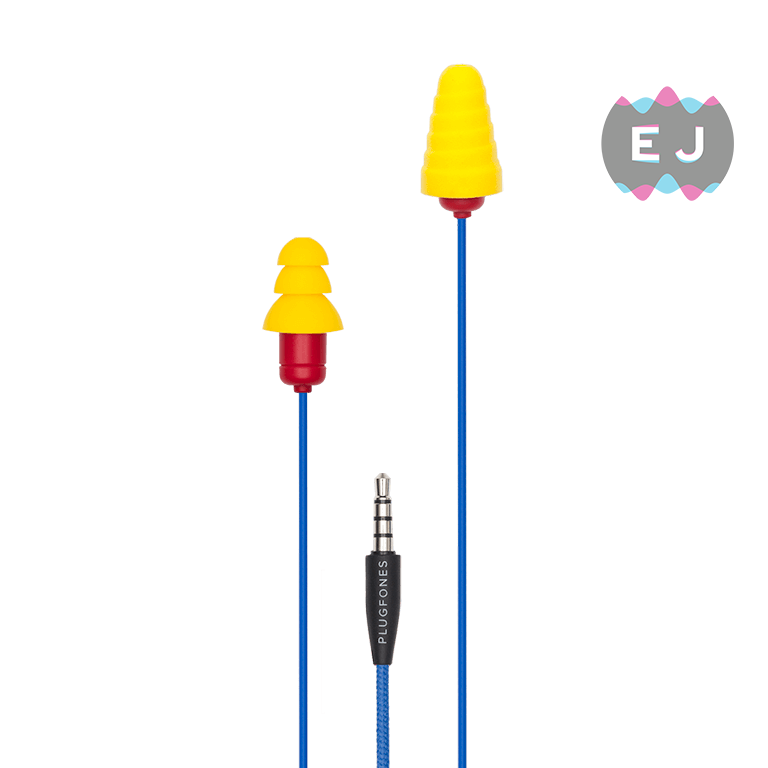Protecting your child’s hearing is so important in their early years to prevent long-term damage.
One in eight children struggle with permanent hearing damage, and 95% of children will get an ear infection at some point during childhood. The reality is that your child is probably being exposed to loud noises more than you think - whether that’s in the form of busy streets, music, or even excessively loud toys. Damage to the hearing cannot be reversed, either, and even a single noise event can cause long-lasting damage.
Any time your child is exposed to loud noise, they should be encouraged to wear earplugs or earmuffs. Here, we’ll go through the main moments when kids should be wearing ear protection, and why.
Music concerts
It is very common to see children and babies wearing earplugs at music concerts with their parents. While you don’t want your child to miss out on seeing their favourite bands in action, it’s important to take note that their ears are a little more sensitive than yours.
High-quality ear protection will not block out all sound reaching the ears but instead filter away harmful levels of noise. This means your child will still be able to enjoy the music, just at a safer level for their little ears. It’s especially important to protect children who suffer from hyperacusis, an extreme over-sensitivity to loud noises. Additionally, you should never overlook the importance of ear protection for your children during music classes, band practice, and school performances.
Fireworks
Sound starts to become dangerous to hearing at around 85dB, and noise above 110dB can even cause immediate hearing damage. The fireworks we all enjoy now and again can reach more than 150dB - which is why you must take steps to protect your children’s sensitive ears from totally preventable damage.
Using hearing protection from fireworks will not only protect your child’s hearing but may also stop them from becoming frightened by loud sounds. Another factor to consider is your family’s distance from the fireworks - the further away you are, the more protected your hearing is.
Car And Bike Races
A race car at full throttle can reach around 130dB - and that’s just one single car! If you’re taking your child to any sort of automobile race, you need to make sure they’re protected in the grandstands. Make sure to never seat your children near to the racetrack, and ensure they are always wearing earplugs.
For ultra protection, check out headphones made for large working environments - these are specifically designed to block out harmful noise from large machinery. You should also take your child to a quiet spot regularly to allow their ears to rest and recover.
Sports Games
When your family is caught up in the excitement of the sporting season, it can be easy to forget just how loud games can get. It isn’t just the cheers of the crowd you have to consider, either - the loud blast of an air horn alone can reach up to 130dB, then you have to consider the loudspeakers and music.
The loudest crowd roar to ever be recorded was achieved by the Kansas City Chiefs at the Arrowhead Stadium in 2014. The roar was recorded with just 8 seconds remaining in the first quarter and reached a whopping 142.2dB! Make sure your children wear earplugs at games, it is very unlikely to affect their experience.
Water
While your local pool probably doesn’t reach the noise level of the Arrowhead Stadium in 2014, you need to protect your child’s ears when in the water for a whole host of reasons. Days spent
in the water can lead to nasty ear infections or ‘swimmer’s ear’, due to thriving bacteria which lives in pools.
Doctors advise keeping children’s ears clean and dry while swimming, which is why you should make sure your child wears earplugs. Fitted or moldable earplugs are the best choice as these are less likely to get lost in the water, or you can even buy floatable hearing protection which will surface in swimming pools.
Flying
We all know that taking small children on flights takes a lot of preparation, but have you considered the importance of ear protection when they’re in the air? High-quality flight hearing protection muffles the loud drone of aeroplane engines and can prevent your child from getting earache during takeoff or landing.
It’s important to make sure you buy ear protection specifically designed for flying, as it will be able to control the pressure differences passengers in an aircraft experience. Plus, your child is much more likely to sleep through a flight if loud noises are blocked out.
Movies
You might not expect it, but sounds during films can get as loud as 100dB, which is almost as loud as a train passing or an aeroplane taking off. You shouldn’t assume that kids movies are going to be quieter, either- Storks, the animation, hit a peak of 99.3dB in cinemas when it was released in 2016.
Once you’ve collected your movie snacks, it’s time to pop a couple of earplugs into your child’s ears. They will still be able to hear and understand the movie - just at a safer level for their ears.
Products to protect your child’s ears
To find the best quality ear protection for your little ones, check out our list of the very best earplugs you can buy in 2020 here. Alternatively, you can browse our full range of children’s hearing protection here. Whether you’re looking for earplugs for swimming, concerts, or just a good pair of all-rounders, we stock it all. All of our products are super comfortable for children, do not present a choking hazard, and even come in bright colours and designs to make ear protection fun.
Concerned about your child’s hearing?
It’s important to know the signs and symptoms of hearing problems in case your child is experiencing them. Even minor hearing loss left undiagnosed can affect your child’s development, including their social interactions and academic success.
If your child tells you they are experiencing ringing, buzzing or pain in their ears, is struggling to hear you from less than three feet away or reports words sounding muffled, you should take them to see a doctor. It’s important to act as early as possible to prevent further damage.

